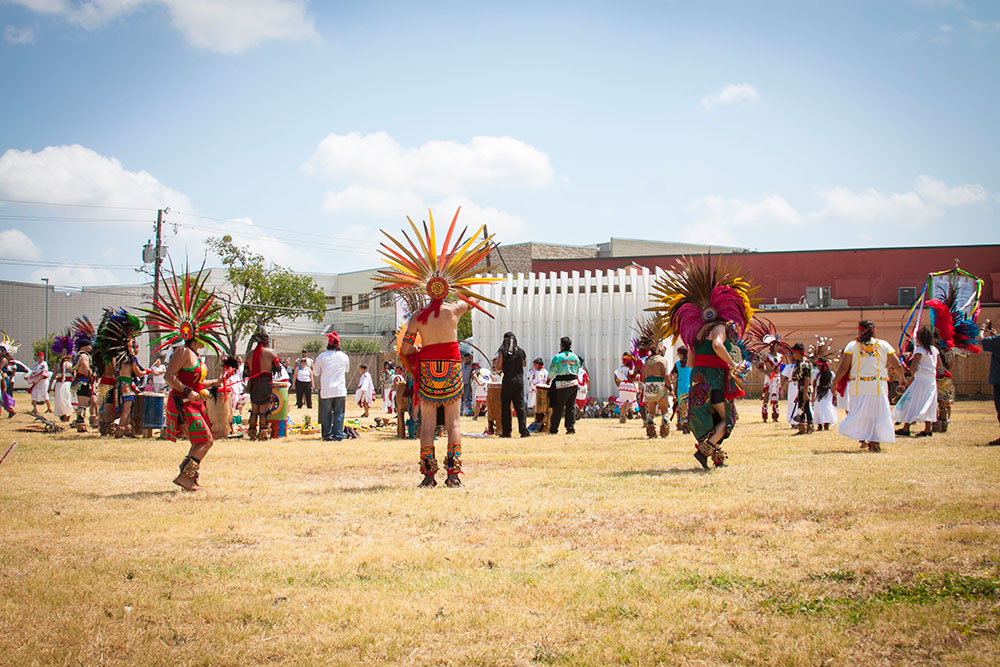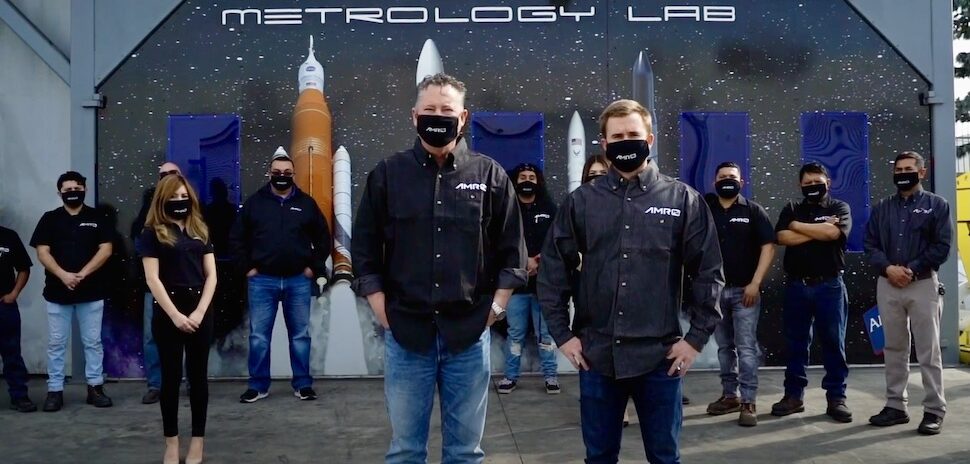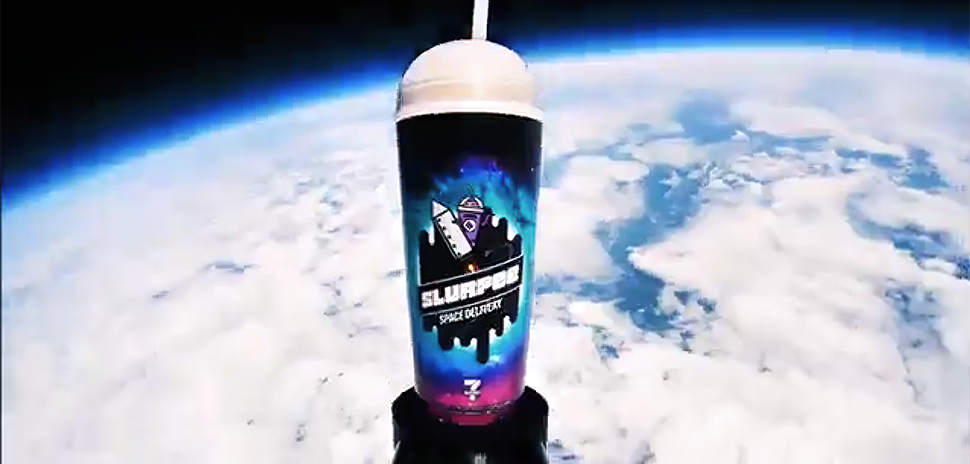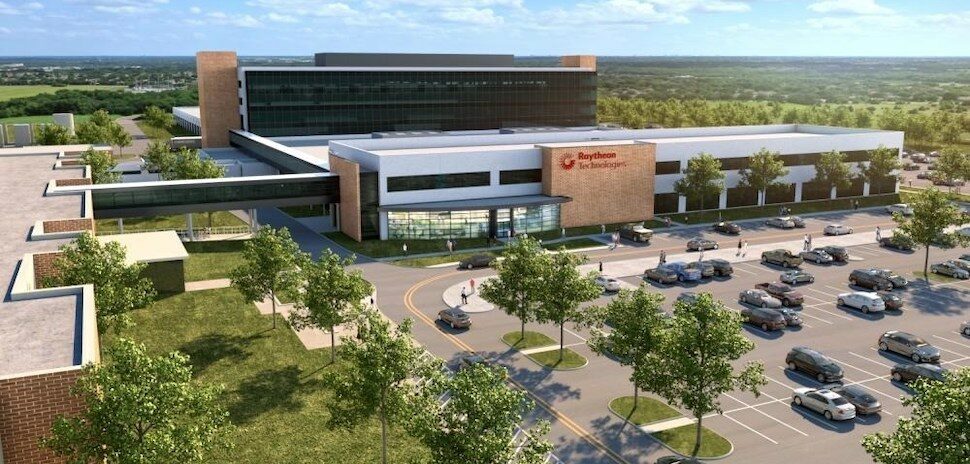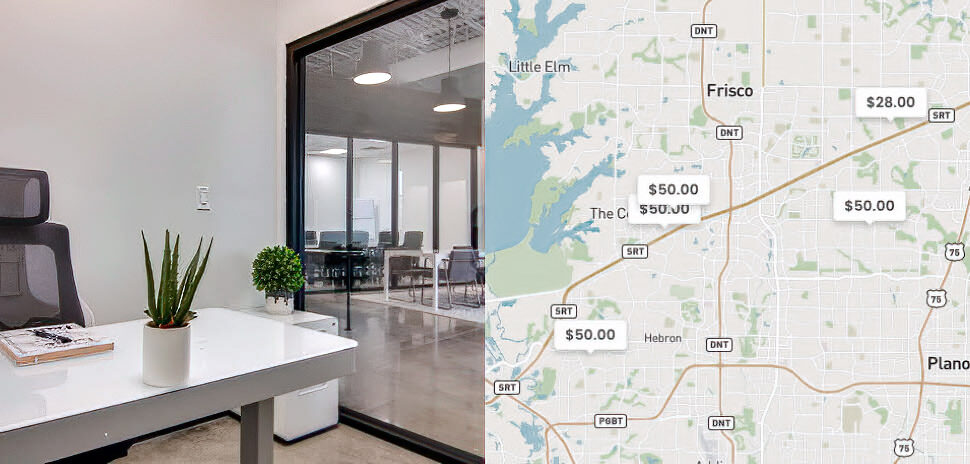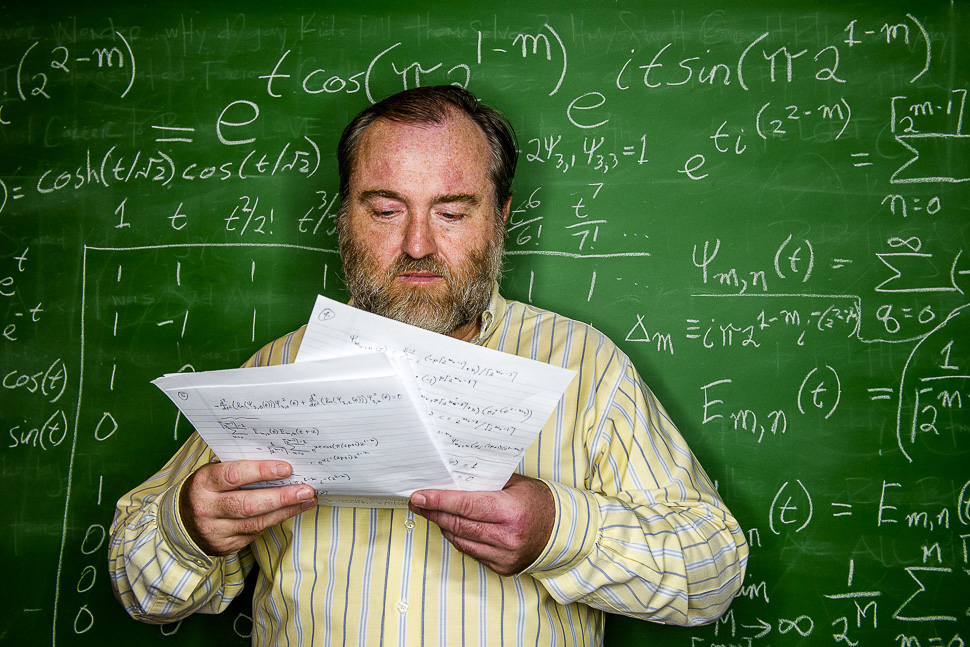Unique, innovative arts spaces are turning up all over Dallas. Some are micro-locations; some are larger, well resourced nascent institutions. But the point is: they are here, and they are growing.
This type of non-juried and uncensored philosophy is precisely the type of approach that tills a fertile soil and fosters the growth of a creative ecosystem.
This is also not to say that alternative spaces didn’t exist in Dallas for decades. The difference is some of the newer spaces are champions of a different approach to access and inclusion, particularly around aesthetics not driven or determined by the space—or those who operate them.
This type of non-juried and uncensored philosophy is precisely the type of approach that tills a fertile soil and fosters the growth of a creative ecosystem. The use of “ecosystem,” a word usually prescribed to natural science, is exactly the way to think about Dallas’ culture now and into the future.
Creativity is at the heart of growth, and turning Dallas into an even more vibrant city will require all of us to contribute to spaces. These spaces need to be interesting and provocative locations that feed different parts of the city’s many cultures; spaces highly touted and visible; and spaces less concerned with critical acclaim or commercial success, but equally important in contributing to the overall vibrancy of the city.
Creativity is at the heart of growth, and turning Dallas into an even more vibrant city will require all of us to contribute to spaces.
Two examples include Ash Studios in Fair Park and the trans.lation project in Vickery Meadows. Ash Studios primarily supports local artists of color, young theater-makers and Dallas’ hip-hop scene (which often has trouble finding space in the city). Ash positions itself as a blank canvas—made and remade—according to its use by those who collaborate with the Studio. It is a worthy model of continued attention and replication across the city.
Trans.lation is both a reservoir and oasis for recent migrants to the United States who have relocated in North Texas and currently call Dallas home. It is unique in that all of its programming—intergenerational painting classes, indigenous drumming and dance classes, media laboratories, Arabic language classes, and food vendor licensing workshops—are all generated by the users themselves. Trans.lation works with people from literally all over the planet—Central and South America, East and West Africa, the Middle East, and Southeast Asia.
The primary importance is that a space exists to make things, experiment, and create.
There is no concern or consciousness about attaining commercial gallery representation or a larger theater company producing the work being generated by the makers. The primary importance is that a space exists to make things, experiment, and create. This is not to say that some of the artists or the work operating out of these spaces won’t find their way to other parts of the creative ecosystem in Dallas. It is important to acknowledge that diversity is necessary for a truly healthy ecosystem.
For what’s new and next in Dallas-Fort Worth innovation, subscribe to our Dallas Innovates e-newsletter.

